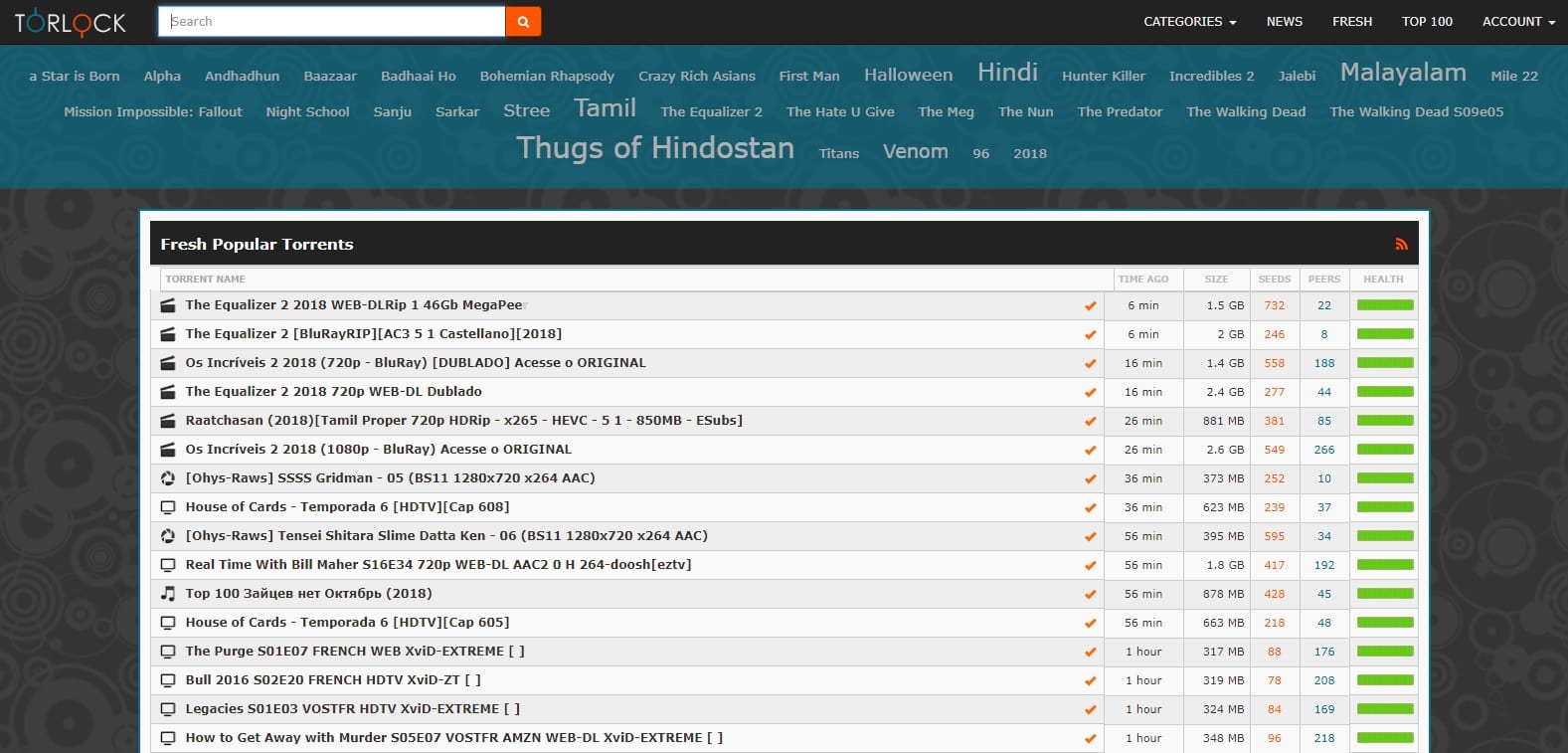Perfect Uninstaller Torrent Tpb

• • • A user called Greg Maxwell just uploaded a torrent with 18,592 scientific publications to, in what appears to be a protest directed both at as well as the scientific publishing model in general. All the documents of the 32-gigabyte torrent were taken from JSTOR, the academic database that’s at the center of the case against Swartz. The torrent consists of documents from the, the copyright to which has long since expired. However, the only way to access these documents until now has been via JSTOR, as Maxwell explains in a long and eloquent text on the Pirate Bay, with individual articles costing as much as $19. “Purchasing access to this collection one article at a time would cost hundreds of thousands of dollars,” he writes. Maxwell goes on to explain that he gained access to the documents years ago in what he says was a legal manner, but he was afraid to publish them because of potential legal repercussions from the publishers of scientific journals.
He says the indictment of Swartz, who allegedly tried to download thousands of files from JSTOR through the library at MIT, made him change his mind: Academic publishing is an odd system — the authors are not paid for their writing, nor are the peer reviewers (they’re just more unpaid academics), and in some fields even the journal editors are unpaid. Sometimes the authors must even pay the publishers. And yet scientific publications are some of the most outrageously expensive pieces of literature you can buy. In the past, the high access fees supported the costly mechanical reproduction of niche paper journals, but online distribution has mostly made this function obsolete. As far as I can tell, the money paid for access today serves little significant purpose except to perpetuate dead business models.
Perfect Uninstaller Torrent Tpb Proxy Advanced Uninstaller PRO v12.14 Advanced Uninstaller PRO is the perfect tool for uninstalling programs, speeding up your PC, protecting your privacy and removing all.
The “publish or perish” pressure in academia gives the authors an impossibly weak negotiating position, and the existing system has enormous inertia.” Maxwell goes on to explain that he initially planned to upload the documents to Wikipedia. But then he looked into the legality of the situation and realized that he could get sued by publishers who’d claim that merely scanning the documents or adding a watermark gave them new copyright protections. “They might even pursue strawman criminal charges claiming that whoever obtained the files must have violated some kind of anti-hacking laws,” he explains — which is exactly what seems to have happened to Swartz. The case against Swartz also convinced Maxwell to release the documents under his real name, as he didn’t want to have people suspect that Swartz was behind the leak. Summing up his motivation, he writes: If I can remove even one dollar of ill-gained income from a poisonous industry which acts to suppress scientific and historic understanding, then whatever personal cost I suffer will be justified.. It will be one less dollar spent in the war against knowledge. Mupad 4 0 6 keygen serial number.
One less dollar spent lobbying for laws that make downloading too many scientific papers a crime. Image Flickr user. Actually, to a large extent, peer review and quality control do happen “by themselves,” in the sense that the people who do them are paid little or nothing by journals. The editorial boards of most journals (the people who receive the manuscripts, organize reviewing them, and decide which ones get published) consist almost entirely of academics, who are paid at most token sums by the journals. (Magazines such as Nature, PNAS, and Science differ from most journals in having staff for such tasks.) The reviewers themselves are almost entirely academics, who are paid nothing by the journals. All this works because the academics are paid by their universities and research institutes, which consider editing and reviewing legitimate uses of their scholarly employees’ working hours.

(Note, however, that an extensive record of editing and reviewing won’t help you much if you’re a junior academic trying to get tenure.) The point here isn’t that editors and reviewers don’t get paid, it’s that they don’t get paid by journals, many of which nonetheless charge high fees for access to the products of the editing and reviewing. As Maxwell notes, “In the past, the high access fees supported the costly mechanical reproduction of niche paper journals, but online distribution has mostly made this function obsolete.” About the only value many journals now add is a bit of copy editing, and in my experience, their copy editors are often less able prose stylists than I am. Heather Of course they have a right to profit, at some point. But even copyright protection expires, after which it can be altered, reused, shared, and whatevered as long as they like. The original work can still be profited from by the estate of the original copyright holder but they can no longer stop anyone else from doing the same thing!